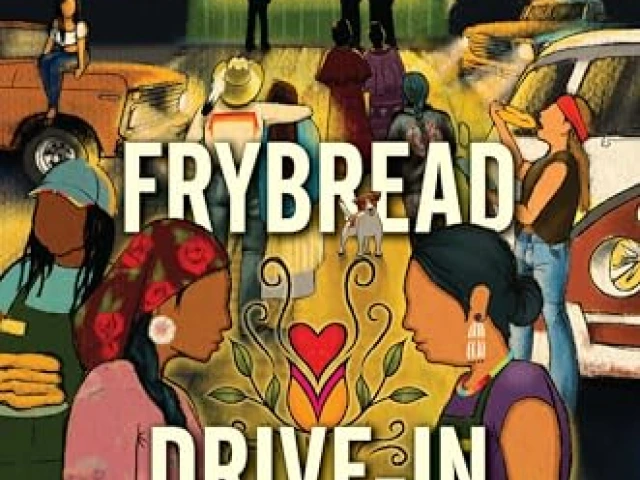Launching a Successful AP Seminar
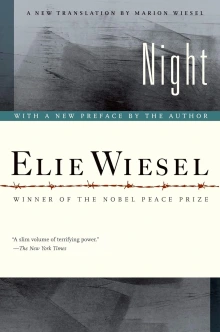
A fresh beginning of a new school year has presented this 41-year veteran of teaching with a new challenge that few in would take with only three years remaining before retirement. Teaching AP Seminar for the first time and to a class of 39 eager Sophomores promises to test my ability to incorporate every best practice in this project-based English class.
AP Seminar, offered as an English option, incorporates literature with real-world problems and issues that students investigate through a wide range of perspectives. For example, Night, the classic memoir authored by Elie Wiesel, allows students to investigate human rights issues such as genocide, war crimes, and a myriad of human rights issues through sociological, ethical, and political perspectives to name a few. Students can explore complex issues around collective identity and faith through cultural, religious, and political frameworks. They can engage in a comparative study of the issues raised in the novel with one or more real-world issues that include perspectives on resilience, trauma, and the impact of oppressive regimes on individual groups.
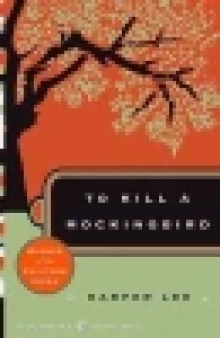
These connections can be linked to current contexts of war, immigration, and rights to a homeland. There are many diverse global texts that can be used to launch AP Seminar's Performance Task 1. However, the use of the text is largely for engaging young people to investigate themes, perspectives, and relevant current problems and issues. Other texts that have successfully been used for launching students' research include To Kill a Mockingbird by Lee Harper, Born a Crime by Trevor Noah, I Am Malala by Malala Yousafzai, and Fahrenheit 451 by Ray Bradbury. However, the text should be one that can be taught in three weeks since most of the time will be devoted to researching a real-world issue or problem raised in the text.
The AP Seminar curriculum is divided into two performance tasks. The first is a team project and presentation where students work in teams of three to five. Each student on the team develops a research report of 1,200 words. After each has written their report around a specific real-world problem or issue, the team develops an 8 to 10-minute multimedia presentation. This first performance task is 20 percent of a student's final AP score.
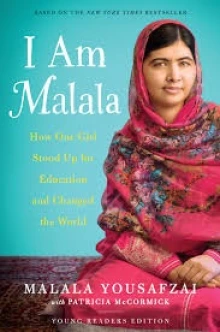
The second performance task is completed during the second semester. It is an individual research report or argument and presentation. Students may choose any topic that interests them to research and write about. They complete a 2,000-word essay and an individual multimedia presentation. This task incorporates texts and related assignments that College Board releases in January. Students use the sources to help them develop an original research project. The student's individual report must include at least one source from those provided by College Board. The second performance task accounts for 35 percent of the student's total AP score. Students complete their final assessment in May where they incorporate all the skills they have learned in the two performance tasks.
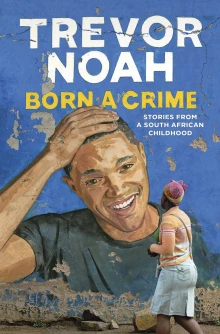
The teacher's role in the second semester is very different. The teacher no longer is the arbiter and discriminator of information. Instead, the role is to help students think about and organize their research where meeting and advising students takes precedence. This can be the most difficult role for teachers as they give up the role they know best in exchange for an advisory and supportive role. With great anticipation, I imagine this to be the challenge of all challenges for an English teacher – managing, advising, and providing feedback to 39 students who must have their final project scores submitted by April 30. And for students, the challenge will be the managing the workload and challenging their own research question so that they have a unique research project. While students could easily feel frustrated and overwhelmed, the teacher must be ready to provide encouragement and direction as needed.
In the end, AP Seminar students have much to gain from their completion of the course. College Board (2021) assures the new and aspiring AP Seminar teacher that students will develop time management skills and analysis skills above all other skills. Furthermore, College Board claims, "...students gain so much academic confidence after presenting, discussing, researching, and reading at such high academic levels that they're well prepared for a number of advanced courses." I would like to add that the development of academic autonomy is perhaps one of the greatest outcomes of AP Seminar. Students learn that they are up to the task of asking deep questions, exploring and analyzing multiple perspectives, and organizing a research project that can set them up for an enriching and personal academic experience. It is with this in mind that this first-year AP Seminar teacher will fulfill the most challenging teaching assignment she has ever endeavored.
References
College Board. (2021). How Thompson Valley High School is using AP Seminar as English 10. Retrieved from https://apcentral.collegeboard.org/media/pdf/ap-seminar-english-10-thom….
Sorensen, T. (2020). What AP students should know about AP Seminar performance tasks. U.S. News & World Report. Retrieved from https://www.usnews.com/education/blogs/college-admissions-playbook/arti…
WOW Currents is a space to talk about forward-thinking trends in global children's and adolescent literature and how we use that literature with students. “Currents” is a play on words for trends and timeliness and the way we talk about social media. We encourage you to participate by leaving comments and sharing this post with your peers. To view our complete offerings of WOW Currents, please visit its archival stream.

